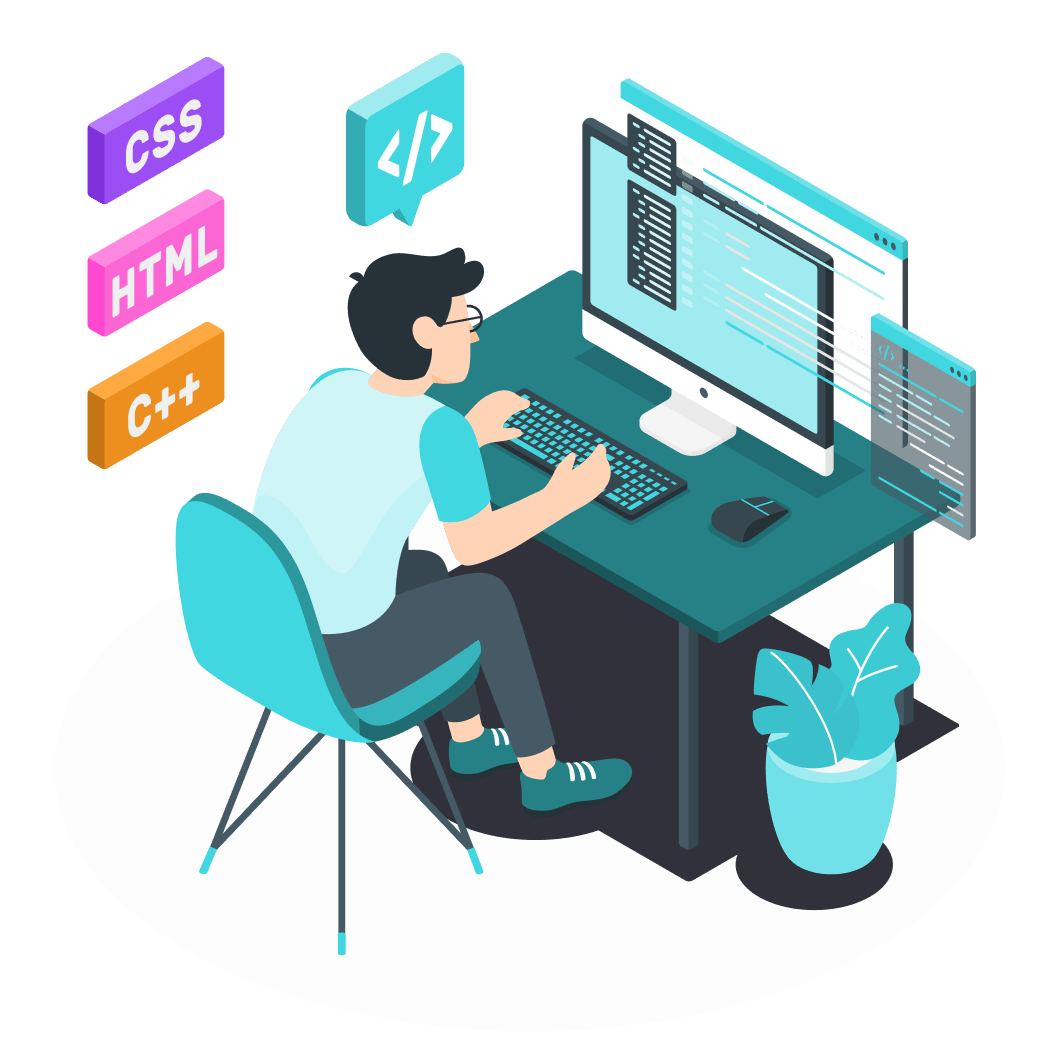TRAINING
SOFTWARE QA TESTING
Software QA testing plays a crucial role in ensuring the reliability, functionality, and usability of software products, ultimately contributing to the success of projects and the satisfaction of stakeholders.


 QA Orientation + Performance & Security
QA Orientation + Performance & Security
 Python for Automation Testing
Python for Automation Testing
 Python Programming with Ansible Bootcamp
Python Programming with Ansible Bootcamp
Duration: 16 hours / 2 days
11 Lessons
Module 1: Introduction to Quality Assurance and Testing
Module 2: Software Development Life Cycle (SDLC)
Module 3: Introduction to Testing
Module 4: Types of Testing
Module 5: Test Planning and Test Strategy
Module 6: Test Case Design and Execution
Module 7: Bug Tracking and Defect Management
Module 8: Test Reporting and Metrics
Module 9: Introduction to Automation Testing
Module 10: Test Environment and Test Data Management
Module 11: Testing Best Practices and Guidelines
Duration: 40 hours / 5 days
15 Lessons
DAY 1
Module 1
Module 2
Module 3
Basic Language Construct
Module 4
Data Structures Mutable and Immutable Data Structures
Module 5
Control Structure
DAY 2
Module 6
Functions
User Define Functions
Sequence Operation using:
Operation using:
Module 7
Modules
User Define Modules
Import Categories
Built In Modules
DAY 3
Module 8
Object Oriented Programming
Module 9
Module 10
DAY 4
Module 11
Module 12
File and Directory handling
Module 13
Itertools and Collections framework
Iterator
file iteration using map
Overriding iterator functions
Generator
DAY 5
Module 14
Module 15
Duration: 40 hours / 5 days
19 Lessons
This bootcamp is designed for participants looking to enhance their automation skills by combining Python programming with Ansible orchestration.
Participants will learn how to leverage Python scripting to extend Ansible’s capabilities and automate complex IT infrastructure tasks.
DAY 1: INTRODUCTION TO PYTHON FOR AUTOMATION
Module 1: Introduction to Python Programming
Module 2: Functions and Modules in Python
Module 3: File Operations and Error Handling in Python
Hands-On Python Scripting Exercises
DAY 2: INTRODUCTION TO ANSIBLE
Module 1: Introduction to Ansible
Module 2: Ansible Playbooks and Tasks
Module 3: Inventory Management and Variables
Module 4: Working with Ansible Modules
Module 5: Clustering
DAY 3: INTEGRATING PYTHON WITH ANSIBLE
Module 1: Introduction to Ansible Roles
Module 2: Using Ansible with Python Scripts
Module 3: Dynamic Inventory Management with Python
Module 4: Advanced Ansible-Python Integration
DAY 4: ANSIBLE BEST PRACTICES AND OPTIMIZATION
Module 1: Ansible Best Practices
Module 2: Ansible Optimization Techniques
Module 3: Ansible Testing and Continuous Integration
Case Studies and Real-World Examples
DAY 5 CAPSTONE PROJECT
Module 1: Capstone Project
Module 2: Project Presentations and Evaluation
Course Conclusion and Certification


